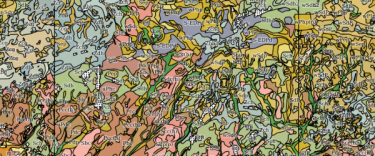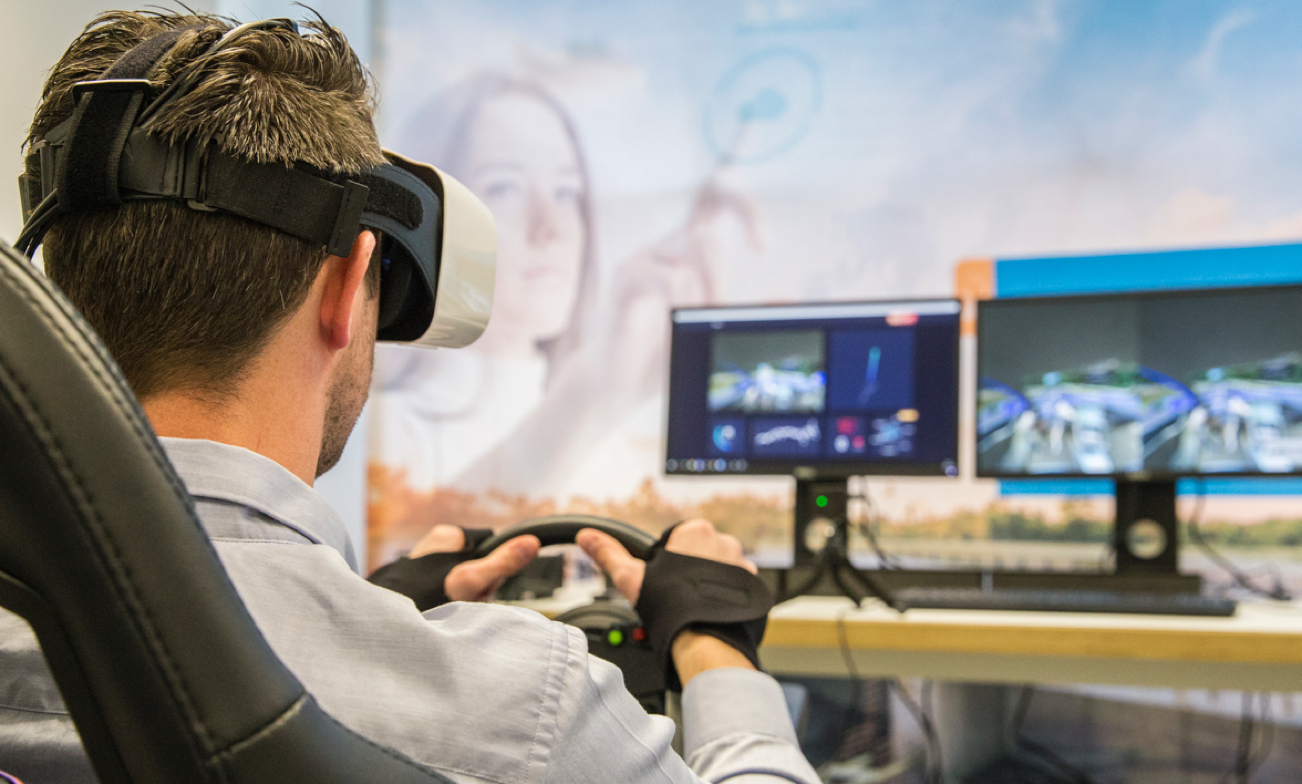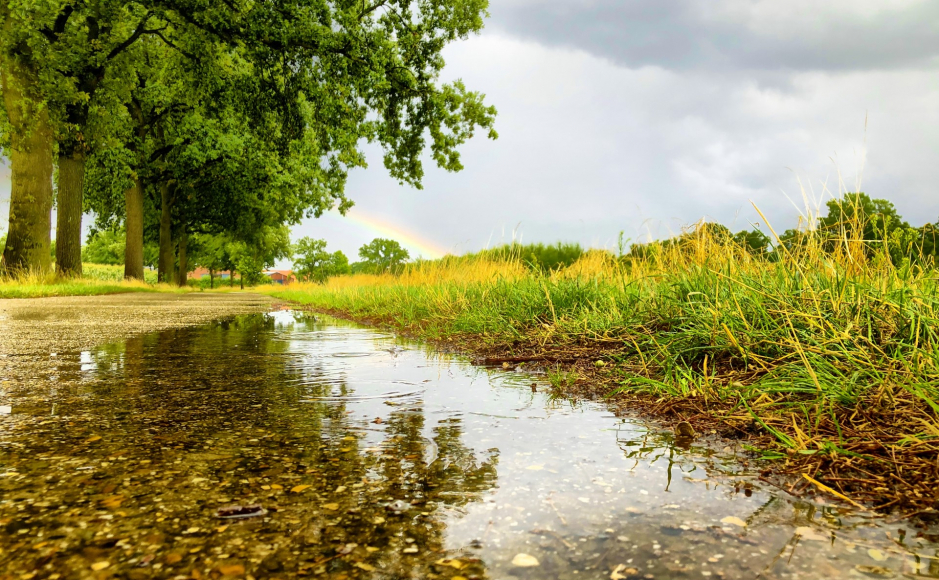The Belgian soil map is due for an update. The soil drainage class is one of the most important parameters in the development of models and applications in the context of drought and flooding. Yet, the classes are partly outdated and therefore less reliable. Hence the Flemish Environment Department is looking for a new method to update the soil map based on groundwater statistics and geostatistical analyses. Antea Group joins forces with Prof. Peter Finke from UGent to work on a smart solution for an up-to-date soil map.




